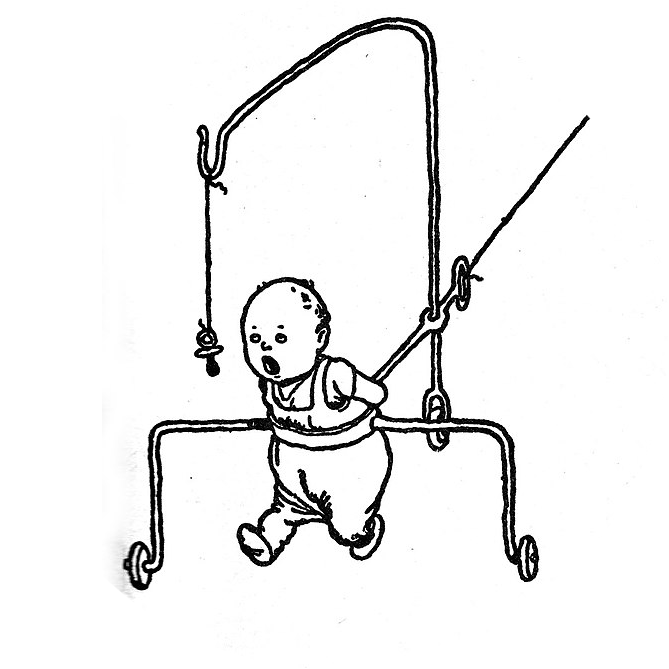Yes, but not just your own pipes: https://en.wikipedia.org/wiki/Fatberg
- 0 Posts
- 28 Comments

 2·21 days ago
2·21 days agoThank you. I think the decades-old chemistry-class flashback distracted me from thoroughly absorbing the full post!

 3·21 days ago
3·21 days agoGood idea, but apparently not possible: According to Sky News “Mr Steele says he has no means of recouping his costs from UK assets owned by Trump, because the golf courses that bear his name in Scotland are held in trust structures.”

 8·21 days ago
8·21 days agoThank you (4 now added!)

 35·21 days ago
35·21 days agoThey told me at school that ‘p’ meant ‘negative log’. So ‘pH’ means ‘the negative log of the concentration of Hydrogen ions in moles/litre’.
pH 1 is 1 x 10-1 (strong acid)
pH 7 is 1 x 10-7 (neutral)
pH 14 is 1 x 10-14 (alkaline)
(Chemistry was a long time ago, though)

 5·3 months ago
5·3 months agoYeah…it’s worth checking that your face is centralised.
Last week my wife ran a video call at work with the camera on her cleavage.

 2·4 months ago
2·4 months agoI have used OpenOffice on Macs.
Also there are some free Apple apps that aren’t installed by default. (GarageBand and one for making gifs)

 1·4 months ago
1·4 months agoThat sounds right. I think I remember paying for iWork back then too.

 4·8 months ago
4·8 months agoOh, same problem as flammable and inflammable.

 3·8 months ago
3·8 months agoThankyou! I can not stand it either.
I used to keep chickens, too. They had free range of my garden so used to spread their crap all over the place—it never got too concentrated. But I can imagine that it would smell otherwise.
I’d read that pee scares foxes off. Not sure how good the evidence is, but it seems plausible. I used to tip some pee near their coop. After a while I stopped and they got attacked. Just an anecdote, but I thought I should share it!
You can also compost natural clothing. I’ve composted old jeans and woollen clothing. It takes ages and you need to remove the zips/buttons, but they do break down.
Long-time compost pee-er, here. I thought pee contains microbes that facilitate composting (in addition to the basic salts).
I’ve got two compost bins and I’ve always meant to pee on one and pour an equal volume of water on the other to check it’s true.
 1·10 months ago
1·10 months agoI don’t like it either but I just remember D for despatch.
What I struggle with is the inconsistency in Zoom shortcuts in Apple apps.

 11·10 months ago
11·10 months agoThis would make sense, although I seem to remember being told that hosing can be used to pump warm air from the top of the warehouse down. So cheap , environmentally friendly heating.
If OP knows weather it sucks or blows, we might have this one solved!

 1·11 months ago
1·11 months agoGood luck 🤞

 1·11 months ago
1·11 months agoObviously, it’s impossible to know from here, but I had a knee flare up that took ages to recover from. I couldn’t run and walking, getting up/down from chairs was painful.
The thing that helped was seeing a physio. I’d tried all kinds of voodoo (neoprene supports, etc) before that, and postponed recovery.
She got me to stretch, stand on one leg, etc and watched how I moved. Eventually, she gently pushed her thumb onto the inner side of my knee cap—OUCH, THAT’S IT! It was immensely painful, but I realised that all the nagging pain was from this very specific area. It wasn’t like normal pain, where the source hurts most and it’s obvious what’s wrong and where it is.
She gave me some self-massage and stretch exercises, which helped. I still do them for a couple of minutes a couple of times a week, just to prevent a comeback.
Ouch!
I lost about an hour of my life trying to create a historical timeline in MS Excel. Eventually learned this is impossible with dates earlier than 1900.

 1·11 months ago
1·11 months agoThe roads are only 2 lanes wide in most part of this city, so you couldn’t really have separate lanes there (unless all the traffic only went one way). The tram goes in/out of the city from the suburbs on its own railway line in most parts, so that works well although it was slow and expensive to build. And in the city there are cycle-only lanes but cars and trams share the rest of the road.
But cyclists would still be at risk, even with separate lanes. The two accidents (both a lot of skin grazing and one broken arm) that I know of were when cyclists have turned on/off the tram road to/from a side road and have gone over the track at a very acute angle. That said, both accidents happened just after the tram lines were built, so I think cyclists are able to avoid accidents but just need to be aware of how to cross the track safely. I have cycled there an it seemed pretty obvious how to cross, but clearly not so for everyone.
The best solution would be to have electric buses, but I’ve never heard of them (except for the ones with overhead power that they had in the 1950s). Same environmental benefit as a tram but no tracks to trap cyclists. Routes can be changed, when needed, and breakdowns don’t stop the flow of other trams and cars.
Oh, and two other problems with the tram system, at least in this city. 1 it’s funded by a ‘work place parking levy’, as well as the ticket price. So people who can’t use the tram to get to work and have subsidise people who do use the tram. That wasn’t well received. It also creates a lot of bureaucracy for employers who have become responsible for paying for it. The city council claimed that the tram system would still benefit motorists because there could be less traffic. This turned out not to be at all true. 2 And residents who were unhappy about having tram stations (raised roads, booths, lots of people, etc) built outside their homes were told by the council that they should be grateful because the transport convenience would add value to their homes.



This all probably sounds nuts, but here are my oil systems:
I wash out and recycle glass jars, but peanut butter jars are difficult to clean and will end up getting fat into the water system. So I keep the peanut butter jars for oil.
I also keep a bendy, steel decorating pallet in the kitchen for scraping out fat from the grill tray and rack. You’re left with some fat that you can wipe off with kitchen paper, which you can also use to wipe the pallet knife. Then washing up liquid and a splash of boiling water from the kettle.
There can be quite a lot of oil in leftover food, like sauces, too. I use a silicone spatula to scoop it off before washing.